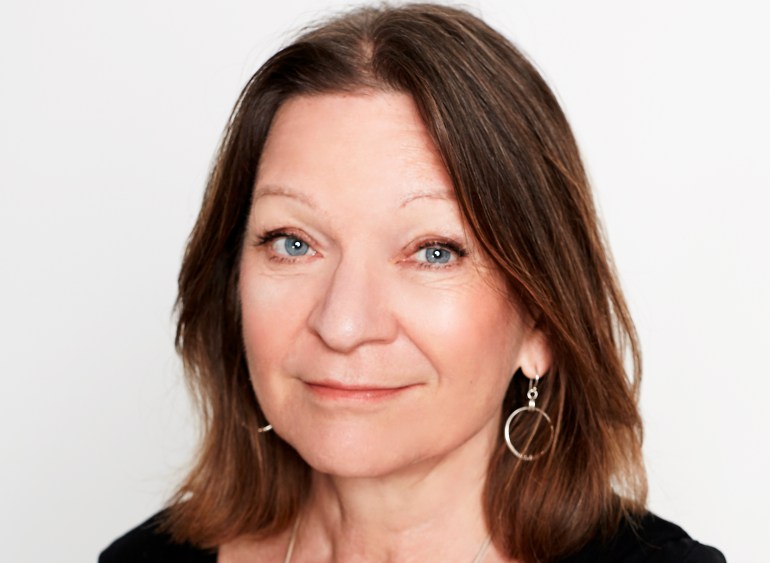Sally Caplan.
Screen Australia’s record spend on adult TV drama in 2017-18 has not come at the expense of support for feature films.
The agency was able to ramp up investment in drama from $15.1 million in the previous financial year to nearly $20 million because funding lapsed for some features.
Head of production Sally Caplan tells IF: “It wasn’t that we took the TV investment from another fund. There were a number of films we had funded well over a year ago, the producers told us they were not going to happen soon so we told them they can come back in when they are ready.
“It was not a deliberate ploy to move money from film into TV. It so happens that TV tends to over-spend now while film if anything under-spends.”
In the previous financial year the agency invested $26.4 million in 25 features with total budgets of $204.8 million. Caplan acknowledges it is much tougher for Australian and independent films in every English-speaking market to cut through with audiences.
She said: “We still love film but the quality of the film projects we’ve seen is probably not as good as it used to be and we are seeing a lot of low budget films.”
As she points out, low budget films often act as talent escalators, as in the case of writer-director Ben Young, who made his debut with Hounds of Love and then stepped up to direct Universal’s sci-fi feature Extinction.
Among the features funded in the last round, Caplan is excited about two from first-time directors: Maziar Lahooti’s Below, a thriller set in a near-future Australia which follows Dougie, a darknet grifter who enters a world of corruption and blackmail in a detention centre; and Natalie Erika James’ Relic, a psychological horror movie.
One reason for the bigger drama slate in this funding round is Network Ten’s re-emergence after the CBS takeover. The broadcaster had not applied for funding for well over a year and it secured support for Screentime’s Playing for Keeps.
As IF reported the agency is seeking a head of documentaries following the resignation of senior manager of documentary Liz Stevens. The role is being expanded to include working with Caplan on scripted projects across any genre, format or platform.
Explaining the rationale, she said: “Traditionally production investment, development, documentaries and online have worked separately. But for a while we have been trying to break down the silos a little. There is a lot of crossover. Generally it makes sense to encourage people to work together more.”
Next week Screen Australia and other agencies together with producers, distributors and exhibitors will take part in Screen Producers Australia’s fifth annual Prism forum, this one focusing on features.
This week producer/distributor Sue Maslin told IF she will raise a series of questions on the future of local films, the lack of development finance and back-end returns, how to fix broken business models and other hot topics.
Caplan said: “We love Sue and have a lot respect for her. SPA has raised concerns about lowering the eligibility for some types of funding. The way we see it, we are lowering eligibility, we are not lowering standards. We are not going to be doing more [projects], we will be more selective.
“This creates opportunities. It is not meant to keep producers out. There will be new teams and new ideas, some may be low budget, some may be higher budget. It is not dictating who must hold the rights and what you need to come in. It is trying to open doors, like we did with the Gender Matters initiative, and trying to find the talent wherever it is.
“Producers are really important but maybe at the earliest stages we don’t insist you have a producer attached. Part of the assessment will be, is this team capable of getting it made? At some point we’d expect them to have a producer attached.”


